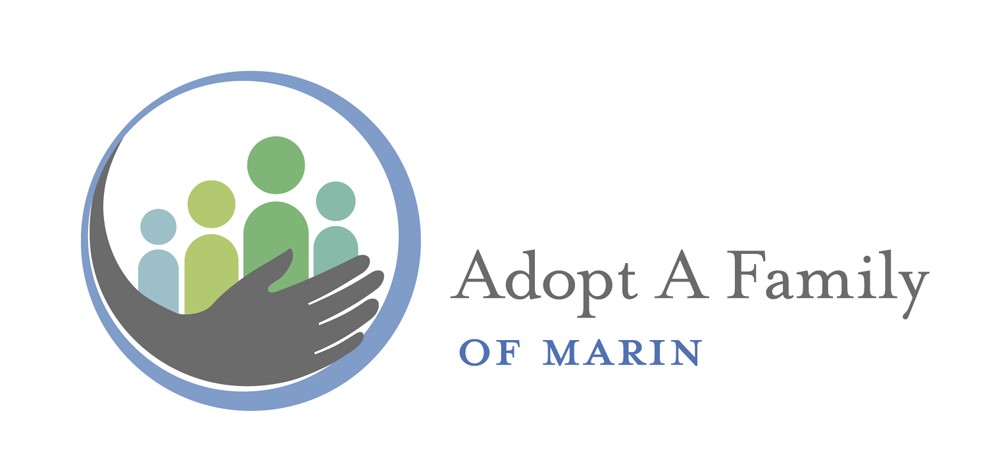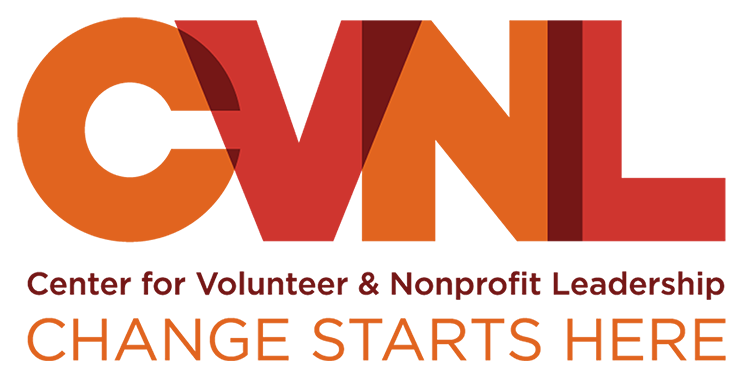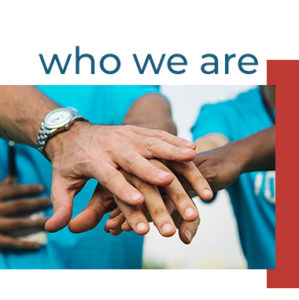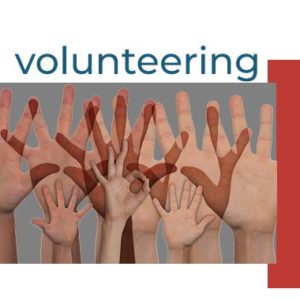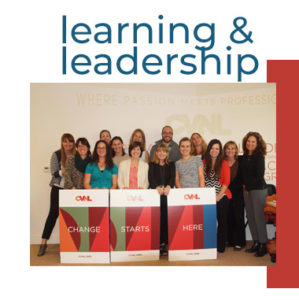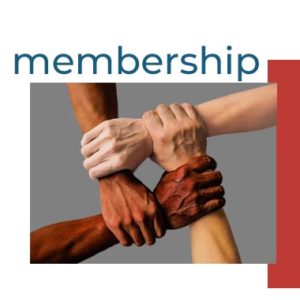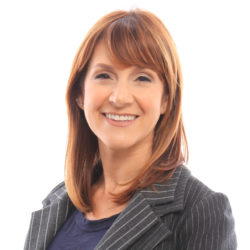Soon after joining AAF as Executive Director in 2018, Jaffee took part in CVNL’s Excellence in Leadership Program where she had an opportunity to focus on the big picture needs of the organization and her leadership approach. In addition to assessing AAF’s internal capacity, one of Jaffee’s first priorities as ED was to develop the board and engage with them in leading the organization forward. When she learned about the Impact Capacity Assessment Tool (iCAT), Jaffee saw that it provided a perfect opportunity to advance both goals.
“Board and staff are both so critical to what we do every day. Involving them in an intentional reflection and assessment process helped us gather the intel we needed to make key decisions, and it validated the vital role they play,” Jaffee said.
iCAT provides an assessment of a nonprofit’s health in core capacity areas such as planning, governance, learning, and managing – all areas that were critical to creating a strong infrastructure to support AAF’s successful programs. iCAT equipped AAF with the data they needed to understand where they were excelling and where they could best focus energy for improvements. At the same time, CVNL designed the assessment process to ensure that board and staff were engaged in meaningful reflection and planning, building AAF’s leadership internally and a sense of renewed energy around the mission.“The iCAT process really brought us together with a common focus, and it has given the board a higher level of engagement,” said Board President Sam Brasch. Jaffee agreed, noting, “As we went through the process, I saw lots of side conversations popping up on the iCAT topics among our board and staff. It showed me that people were taking it seriously and wanted the opportunity to learn and improve our organization.”
Armed with iCAT’s recommended priorities for where they can build capacity that will have the biggest impact for organizational health, AAF then worked with a CVNL consultant to develop strategic priorities with a focus on growing their programs to serve the community while also strengthening their organization overall.
“We’ve been able to leverage deeper engagement among our staff and board leaders while also moving forward several projects to build our organizational capacity to sustain great programs,” Jaffee said.
Over the last year, AAF has achieved several goals as a result of the iCAT and the strategy sessions. The board has worked to better understand funding streams, set overall budget goals, and develop a financial long-term plan of sustainability. AAF has also developed their messaging – better communicating to community partners who they are and what they do.
“AAF is lucky to stand on the shoulders of great leaders and advocates who dedicated so much to the agency over the last 30 years,” Jaffee says. “CVNL and the iCAT helped us channel that foundation and recognize new opportunities.”
